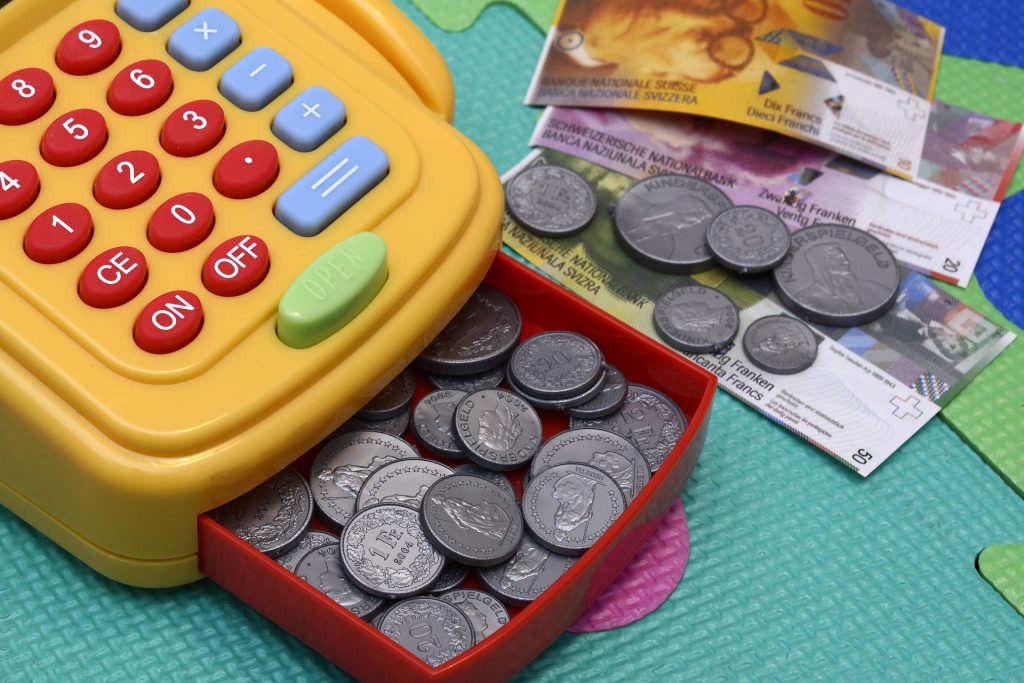This website uses cookies so that we can provide you with the best user experience possible. Cookie information is stored in your browser and performs functions such as recognising you when you return to our website and helping our team to understand which sections of the website you find most interesting and useful.

Fulfilling A Winter Dream
13th August 2019
New Blume Dolls Series 1: Grow Out of Flowerpots| A Review
17th August 2019How to develop spending habits that stick

*This is a collaborative post
Ever vowed to save money and found yourself overspending almost immediately afterwards? Yes? Well, you’re not alone — in fact, most of us have splashed out unnecessarily, only to later regret it. Very often, the key to quitting bad habits is through replacing them with new, healthier ones — and this applies to how we manage our finances.
So, why not follow our top tips to better handle your money for good?

Plan, plan and plan some more
Do you currently plan your monthly finances? If not, you may want to start, as it offers a straightforward way of protecting your money — so long as you stick to it. Even better, it’s easy to both create and follow one. Make it as clear and realistic as possible, and you’ll be more likely to keep on saving.
To get started, consider your vital outgoings — we’re talking bills, rent, food and toiletries. Once you’ve checked that you’re able to cover these using your available balance for the next month, it’s time to assess other extra payments like outings and entertainment. You can work out how much you typically spend on these by looking through old receipts.
When you do, you could do worse than ask yourself: do I really need to pay for these luxuries? Could I have fun at a lower price? This brings us nicely onto our next point…
Lower the cost of your luxuries
What luxuries do you currently spend on? Expensive make-up? Pricey perfume? Maybe you regularly visit high-end cafés and restaurants? Whatever it is, there’s likely to be a cheaper alternative.
Take your make-up, for example. If your mascara seems to have dried out, did you know that you can usually make it last for longer by using eye drops? Simple add three drops, before gently stirring the solution with your mascara wand. Likewise, experts agree that most of us only need to wash our hair every 2-3 days. So, by reducing how often you clean your locks, you could both reduce spending and keep your hair looking shiny.
If you frequently purchase costly coffees, you could swap this treat for a home-brewed version. You’ll easily be able to find premium coffee at your local supermarket — shop nearer to closing time, and you could benefit from bigger discounts, too.
Swap to more affordable spending habits to start spreading your money further. You’ll likely find the transition so simple that you’ll barely notice that anything’s changed.
Make the most of free activities
We all need a hobby — not only does it give us respite from the daily routine, but it can also boost our mood. Some, however, are pricier than others. If this applies to you, why don’t you consider trading it for a more affordable activity? Or how about one that’s entirely free?
Most of the time, the best place to find one that’s suited to your interests is online. For example, if you type “free language classes or meet-ups in my local area” into Google, you’re bound to come across the perfect one for you. Social media sites — like Facebook and Instagram — are also useful platforms for exploring free activities nearby.
Because you’ll be doing something that you enjoy, it probably won’t even feel like you’ve taken on this new spending habit. And so, you may very well find that you effortlessly stick to it.
Developing a new habit often sounds a lot harder than it actually is. Now that you know how, you’ll easily be able to adapt your spending routine and improve your financial situation.


